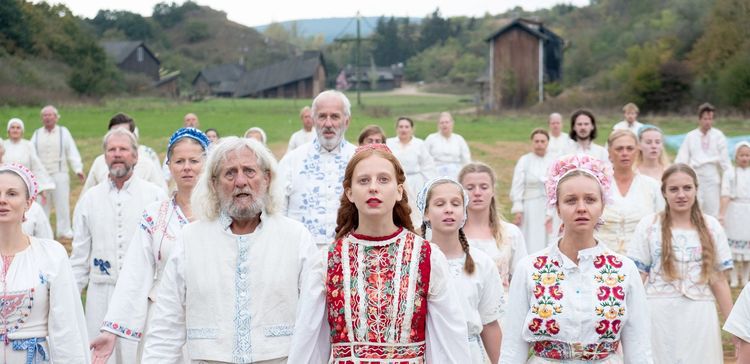
NYT: Caucacity Levels Reaching an All-Time High
By Steve Sailer
09/03/2019
From The New York Times:
White Filmmakers Addressing (or Avoiding) Whiteness Onscreen
Movies as different as “The Nightingale,” “Midsommar” and “The Last Black Man in San Francisco” are all processing the legacy of privilege.
By Jenna Wortham
Published Aug. 29, 2019A few years ago, on their wildly popular podcast “Bodega Boys,” the comedians Desus Nice and Kid Mero coined the term “caucacity,” which was essentially a portmanteau of Caucasian and audacity. They employed it to marvel at the baffling behaviors of white folks, like a predilection for pumpkin spice anything. Over time, it became widely used internet shorthand for the ways in which white entitlement, flagrant displays of privilege and exceptions that eluded other groups weave their way through our society.
The thing about caucacity is that there are levels to it, and it is safe to say we are at an all-time high. Take, for example, everything about Elizabeth Holmes. The college admissions scandal. The desire to blame anything other than racism for the terror of the El Paso shooting.
Caucacity isn’t just something for Desus, Mero and their fans to process alone anymore. Lately, I’ve been noticing a steady stream of cultural properties addressing whiteness — either head on, as in the case of the period drama “The Nightingale,” or sideways, with a surrealist, abstract bent, as in the horror tale “Midsommar,” both made by white filmmakers.
And what a relief. As a friend put it to me recently, “This is white people’s job now,” meaning that it’s time for white people to start helping one another see themselves in terms of their race and all the undeserved, inherited privilege that comes with it. It’s a self-examination that knows the difference between “woke” and self-awareness, and leans toward the latter. It’s not easy work. “White progressives can be the most difficult for people,” Robin DiAngelo writes in her groundbreaking book, “White Fragility,” because she and others “do indeed uphold and perpetuate racism, but our defensiveness and certitude make it virtually impossible to explain to us how we do so.”
